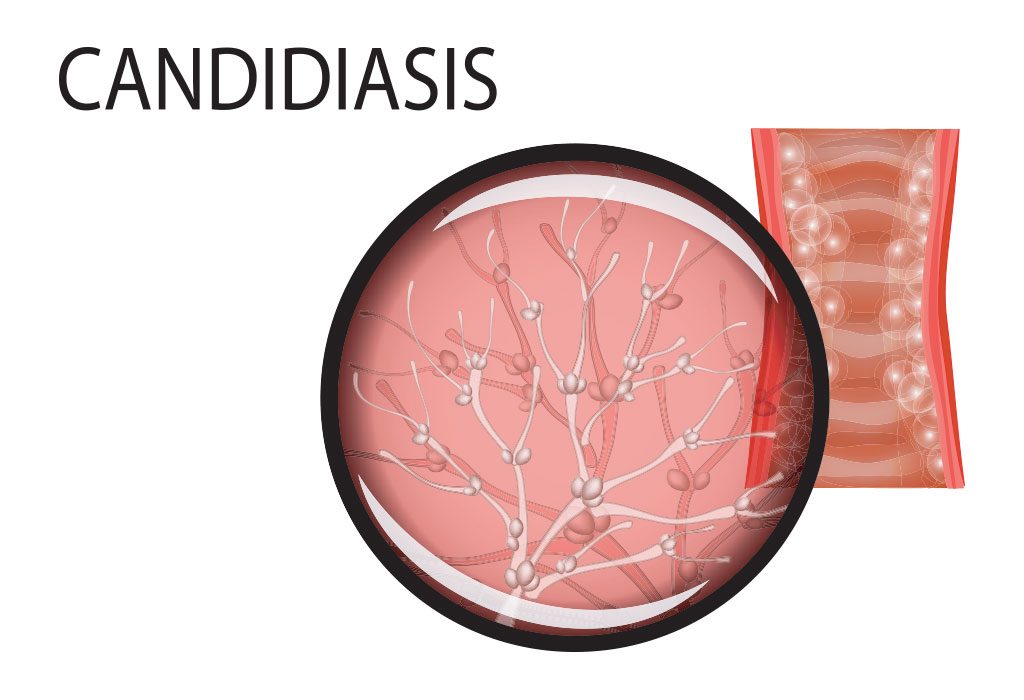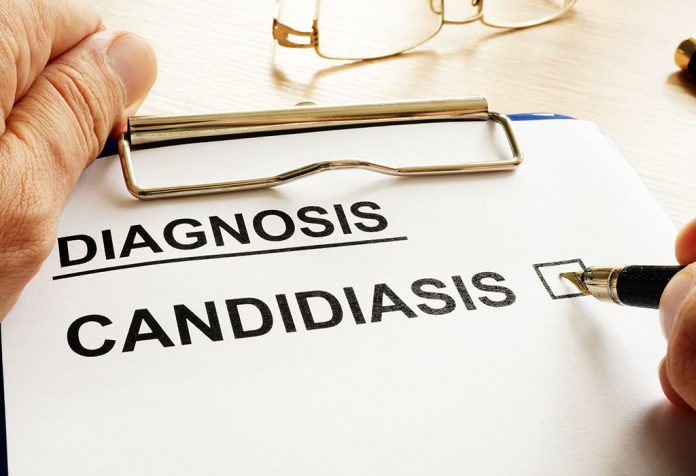In this Article
Most women are likely to get a yeast infection sometime in their lifetime. Many factors like birth control pills, menstruation, pregnancy, tight clothing can trigger yeast infections in women. Whenever women hear that they have a yeast infection, the first thing they want to know is if it can affect their chances of conception.
A yeast infection may not directly affect the fertility of a woman. However, the discomfort and itchiness caused by yeast infections may dissuade a woman from indulging in intercourse, thereby influencing her odds of getting pregnant. The problem of a yeast infection can be easily treated and may resolve in a week’s time or so.
What is Yeast Infection?
Yeast infection or candidiasis commonly occurs in women. A vagina usually has yeast cells and bacteria. The candida fungus is a microorganism which is naturally present in the vagina. Lactobacillus (good bacteria) is responsible for keeping a check on its growth. But in case of an imbalance, the yeast cells may start multiplying leading to an infection. Candida albicans, in particular, is a type of yeast that produces most yeast infections.
Yeast infections can result in intense itching, irritation, and swelling. A clumpy, whitish-grey vaginal discharge is another one of its symptoms. Factors like antibiotics, uncontrolled diabetes, poor immune system, pregnancy, hormonal imbalance, or stress can activate a yeast infection.
Does a Yeast Infection Cause Infertility?
Women trying to conceive with a yeast infection are likely to wonder whether or not they can pregnant with a yeast infection. There is no need to panic as you can conceive while having a yeast infection. There is no conclusive evidence available which indicates that yeast infections cause infertility in women. However, the set of symptoms associated with a yeast infection which includes soreness, swelling, irritation, and burning sensation can make sex uncomfortable and painful. So, a woman suffering from a yeast infection may not be inclined to engage in intercourse. Therefore, a yeast infection does not directly impact fertility but it can certainly contribute to the problems of becoming pregnant by interfering with her sex life. Also, recurrent yeast infections can make the vagina hostile to sperm retention making conception difficult and creating conditions of candida infertility.

How Does it Affect Your Chances of Getting Pregnant?
An untreated yeast infection is not the exact cause of infertility in women, however, it certainly plays an indirect role in creating complications for conception in the following ways:
- In case a woman has a yeast infection, it is recommended to not have sex, as there is a slight chance that the infection may pass to her partner.
- The pain and uncomfortableness can prevent her from having sex. She may not feel like having sex because of the intense pain. Both of these factors can make her miss her fertile window for quite a while, thereby affecting her chances of conceiving.
- Certain antifungal creams used for treating the infection can change the vaginal pH balance, which may hamper the easy transportation of the sperm to the egg.
- It is also possible that a woman’s immune system can become counterproductive, and the white blood cells in her body while battling the yeast infection may unintentionally extinguish her partner’s sperm thus making conception harder.
How to Treat Yeast Infection while Trying to Conceive
Every problem has a solution. A yeast infection in a woman surely makes it difficult for her to conceive, but that does not mean she cannot get pregnant at all. If you are trying to conceive and have a yeast infection, here is how you can fight it:
- In case you have a yeast infection while you are trying to conceive, it is best to refrain from sex until it gets cured completely.
- Early detection and swift treatment may prove helpful in quick healing.
- Your doctor may suggest some vaginal creams that may be applied directly to the affected area for a few days to provide relief from soreness and itching.
- Vaginal pessaries are another option. The pessary dissolves in the vagina and attacks the root of the underlying infection.
- Pills can also treat yeast infections though they don’t offer respite from the pain as creams do.
Can You Prevent a Yeast Infection?
You can prevent yeast infection by keeping in mind the following points:
- Follow a healthy diet; include lots of fruits and vegetables in your diet to promote good bacteria.
- Avoid excess consumption of sugary foods which can trigger the growth of unhealthy bacteria in the body.
- Refrain from using harsh scented soaps which can disturb the vaginal pH balance.
- In case you have to take a course of antibiotics, do consider taking probiotics as well for the development of healthy bacteria.
- Increase your consumption of yoghurt, opt for plain yoghurt which is devoid of any sugar.
- Do not wear extremely tight clothes as they may promote the occurrence of yeast.
- Change out of wet swimsuit and sweaty workout clothes as quickly as possible.
- Keep in mind to urinate after intercourse.
- Go in for breathable cotton underwear which doesn’t hold on to the moisture or heat.
- Try to use chemical-free pads or tampons and change them often when menstruating. You can also switch to an environment-friendly menstrual cup.
- Do not douche as it can interfere with the pH balance of the vagina and remove the good bacteria which counters the infection.
- Avoid hot baths as it can increase the chances of yeast growth.
Getting pregnant with a yeast infection is possible though it may be bothersome. However, in the instance of recurring yeast infections or difficulty in curing through conventional means, it is advisable to refer to a doctor for tests and specific treatment.







